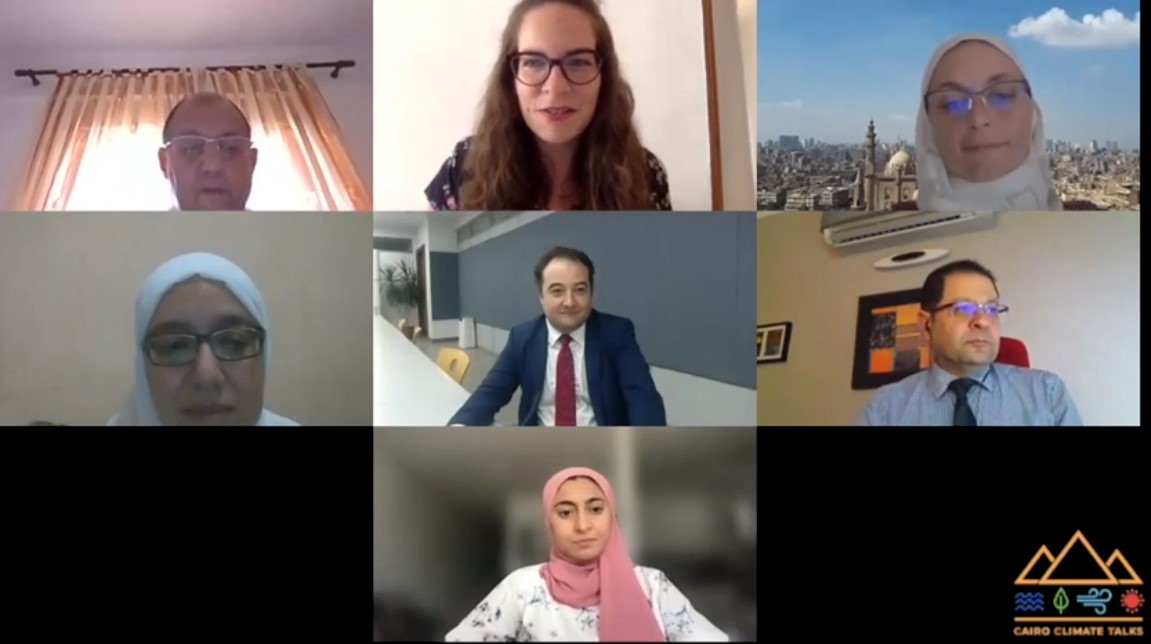News, Egypt
Cool Up presents at 77th Cairo Climate Talks
On 27 July 2021 the Cool Up team presented in The Heat is On: Climate Change and Heat Confirmation, a webinar that was part of the Cairo Climate Talks (CCT). The talk focused on the problems associated with heat waves and the growing demand for cooling devices in Egypt.
The talk also highlighted how extreme heat effects public health, agriculture, biodiversity, and contributes to natural catastrophes. It covered how mitigation of greenhouse gas emissions is essential to reducing these heating effects and preventing further global warming. Dr. Salheen explained how the Cool Up programme aims to address these issues in the policy, industry, and financing spheres.
The panelists included:
- Dr. Zeinab Salah, Researcher at the Scientific Research Department at the Egyptian Meteorological Authority
- Dr. Mohamed Salheen, Chairperson at Integrated Development Group (IDG) / Cool Up programme
- Dr. Marwa Dabaieh, Associate Professor at the Department of Urban Studies at Malmo University
- Dr. Heba Allah Khalil, Professor of Sustainable Urbanism at Cairo University
The event was moderated by Lilly von Stackelberg, Coordinator at Cairo Climate Talks (CCT)
About Cairo Climate Talks
CCT is an event series that brings together experts from academia, civil society, government, policy, and the private sector to discuss different themes of climate change. It is a German-Egyptian environmental initiative launched in 2011 as a cooperation project between the German Embassy in Cairo, the Egyptian Environment Ministry, the Egyptian Environmental Affairs Agency (EEAA), the German Academic Exchange Service (DAAD), the Society for International Cooperation (GIZ), and the Egyptian German High Level Joint Committee for Renewable Energy, Energy Efficiency and Environmental Protection (JCEE).

